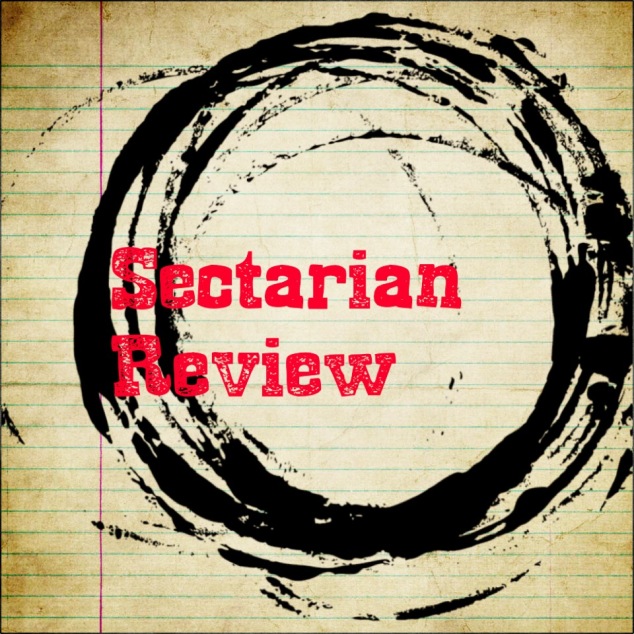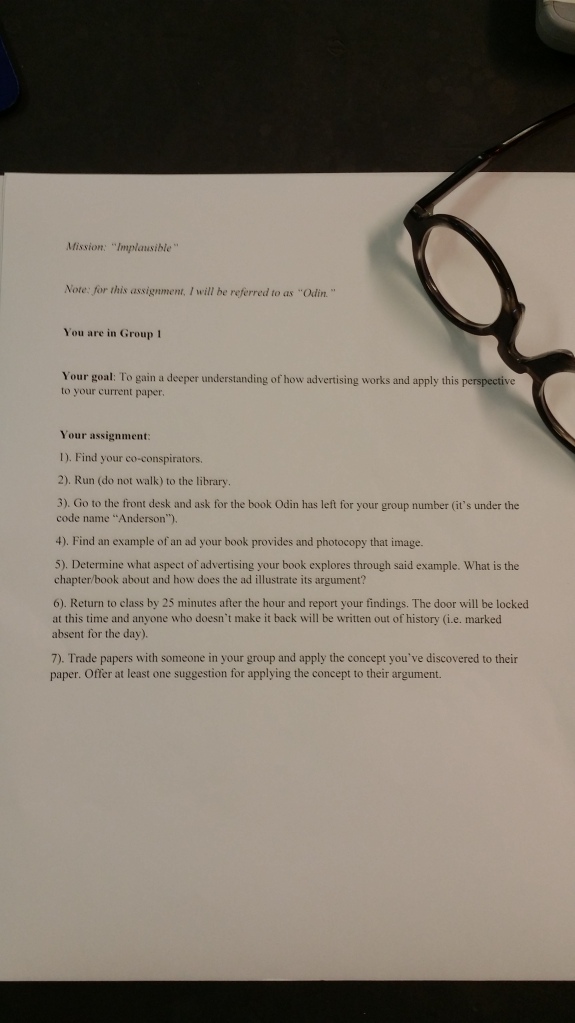
Hello dear reader. I wonder if you might allow me to call you “dear listener,” tonight.
As you may have seen from previous posts, I’ve gradually transitioned my blogging energies into podcasting. My podcast, Sectarian Review, offers me the chance to actually speak to other people about ideas and culture, and that has been a lot of fun and really gratifying. If you listen to podcasts, I hope you’ll check us out as well. We’re on iTunes and Stitcher and you can find a link here:
http://www.christianhumanist.org/2016/01/sectarian-review-5-the-football-industrial-complex/
There is no real reason these platforms can’t co-exist for a while, though. Below, find the introduction to our latest episode, a hostile inquiry into America’s (and Christendom’s) obsession with football. Drew Van’tland and Todd Pedlar joined me for a pretty lively discussion.
And I’m always looking for new collaborators. If you’d like to join us from time to time, please do let me know. This week, I had a philosopher and a physicist on the show. I’d love to include historians, economists, seminarians…anyone. Now for the intro:
____________________________________
Hello everyone. Thanks for downloading another episode of the show. Danny Anderson here. Assistant Professor of English at Mount Aloysius College in Cresson, PA.
I want to give fair warning that this episode might be contentious, uncomfortable, and even unfair. This is my hope at least. Football occupies a gigantic space in our cultural consciousness and I think we should at least notice that. In doing so, we’re kind of going to be picking at scabs, an icky image, I know.
I should confess upfront that I have some personal issues with this subject, so I’ll have to work to avoid making this all about me and my psychology. I’m from Cleveland, a huge town for sports fandom, and spent almost all my youth utterly obsessed with the local teams, primarily the Browns. Now maybe it’s because the Browns’ terribleness makes it easy, but as I’ve gotten old and decrepit, I’ve come to a point where I don’t care much at all about it anymore.
Except that I do. I care that we as a society Recklessly engage in what I’ve come to know as the idolatry of my youth. I’ve watched, largely from a distance now, as Cleveland neglects almost every other part of its civic life for its obsession with trying to overcome the heartbreak of “The Drive” and “The Fumble.” I’m also disturbed as a person of Faith at Christendom’s dangerous conflation of the values of sport with the values of Christianity.
So these are my reasons for recording this episode. I know that as you listen, you might say to yourself “he’s ignoring all the positive things about football…teamwork, discipline, whatnot.” If this is the case, know that I’m not ignoring them, I’ve spent much of my life uttering those defenses myself. I’m simply rejecting them for the purposes of this discussion. As always, I want to encourage your angry or supportive responses, either at the Facebook page or our email sectarianreview@gmail.com. I even booted up a Twitter account, hopeless as I am in that medium.
Question 1: Idolatry – I just mentioned the term Idolatry in my prologue. I stand by it, but I’m open to debate. What is idolatry and how might it be related to American Football?
Question 2: Economic – I already threw Cleveland under the bus for what I think is a misappropriation of economic resources. Let’s talk with some specifics about the economics of the sport in America. What are some positive arguments one might make for our investment in this game. Why are those arguments silly?
Question 3: Cultural – Everyone knows that Marx called religion the opiate of the masses – something to keep the proletariat content in an oppressive system. Certainly he would replace that with football today, no? What cultural impact does the Football Industrial Complex impose on us?
_______________________________________
So that’s it. Have a listen and get in touch!
Danny

 For the last 18 months or so, I’ve been producing a podcast called Sectarian Review. I was just interviewed by C. Derrick Varn for Former People about the project. You can read that interview at the link below.
For the last 18 months or so, I’ve been producing a podcast called Sectarian Review. I was just interviewed by C. Derrick Varn for Former People about the project. You can read that interview at the link below.








